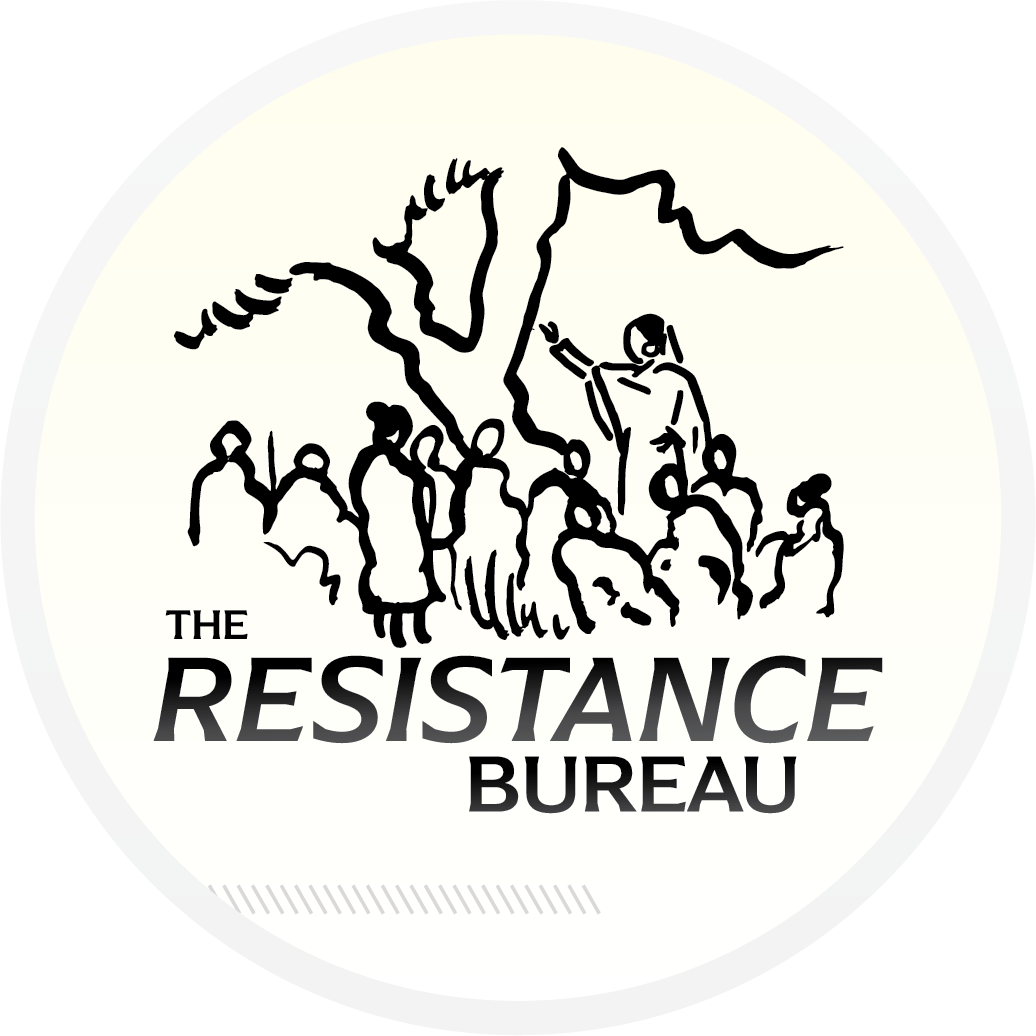Podcast: Speaking Truth to Power During the Pandemic
In case you missed it, you can catch up on our special live show on Speaking Truth to Power During the Pandemic with Comfort Mussa, Adeola Fayehun, Laura Miti, Fred Muvunyi, and Boniface Mwangi, right here.
The importance of this topic was brought home to us in tragic fashion when our friend, the brilliant Zimbabwean journalist and critic of the abuse of power, Hopewell Chin’ono, was abducted the day before the show. Tweet #FreeHopewell and #FreeHopewellNow to show your solidarity.
Sadly, Hopewell’s case is not an isolated incident but part of a broader trend. The extent of attacks on press freedom and civil liberties during the pandemic not only undermine democratic norms and values, but also resulted in a distorted view of the extent to which the coronavirus has taken hold – and so constitute a matter of life and death.
Many of our guests and advisory board have made this point in their own writings.
Laura Miti, one of our guests on the show, has not only highlighted the important role that journalists play in the exchange of information and ideas, but also spoken in defence of independent radio stations in Zambia that have been victims of violent attacks from supporters of the ruling party.
Zambia’s slide into authoritarianism was underscored by Sishuwa Sishuwa, one of our producers, who has shown how the shutdown of critical media outlets is a tried and tested strategy of President Edgar Lungu
As Farida Nabourema, one of our Advisory Board members, recently observed, authoritarian leaders are most vulnerable when confronted with the weapon of truth.
The powerful words of one of our guests, Cameroonian journalist Comfort Mussa, that ‘a story that must be told does not forgive silence’ have been given expression by another guest Boniface Mwangi who recounted in greater detail how he has overcome adversity in Kenya for simply doing his job.
In countries such as Zimbabwe, we are reaching a point where “journalism has been criminalised”.
It is important to keep in mind that this is not a completely new story – as the data collected by the Committee to Protect Journalists on the assault, harassment and killing of journalists around the work sadly demonstrates.
If you want to do something about this, you can support global organizations that fight to protect free speech and those who speak truth to power such as Amnesty International, the Committee to Protect Journalists and Human Rights Watch. Of course, you should then also make sure that any support you offer these well-known bodies is matched by equal support for national organizations, such as the Human Rights Defenders Project in Zimbabwe, the Human Rights Defenders Coalition in Kenya, and the Defend Defenders group in East Africa and the Horn.
Amidst the sustained assault on traditional forms of media by repressive regimes, a number of researchers, such as our very own Nic Cheeseman and Advisory Board member Idayat Hassan, have explained how the digital messaging platform WhatsApp could be a welcome and effective friend of democracy in places like Nigeria.
Speaking truth to power is a costly undertaking that comes with many risks, but there are also many people and institutions that greatly value the brave efforts of those who do. It is was therefore encouraging to see Vanessa Tsehaye, who has spent much of her time fighting for the freedom of imprisoned government critics in Eritrea, named by Defend Defenders as the Human Rights Defender of the month in June.
